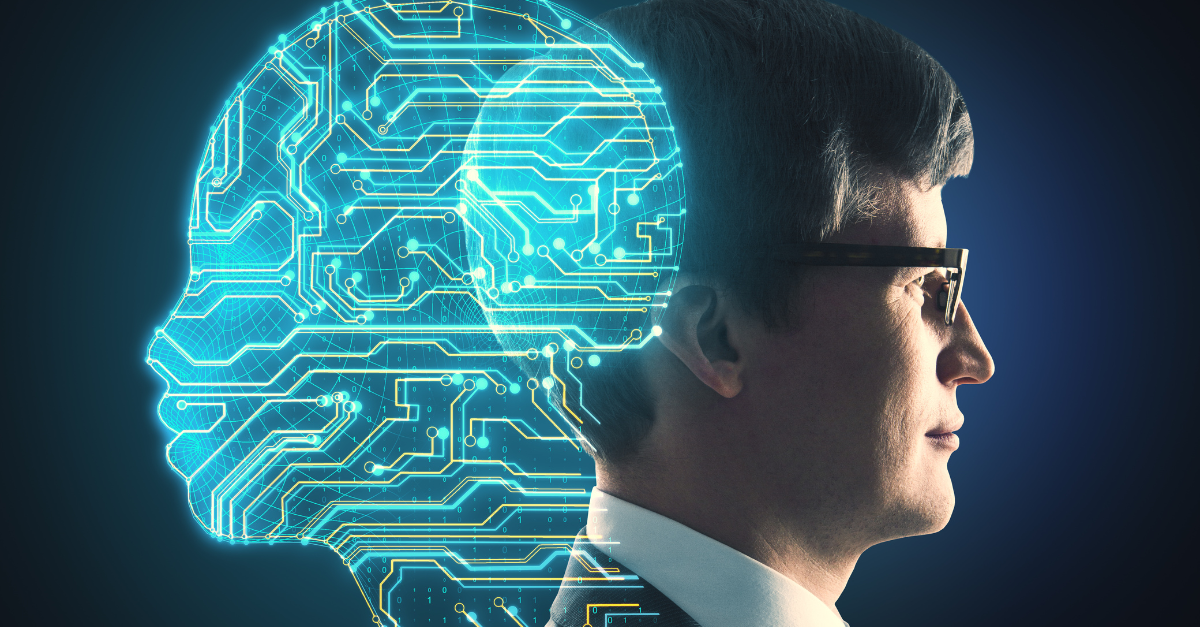Working in human resources and talent acquisition today means facing the same fears that spooked auto workers back in the 1970s and ‘80s: advanced machinery that automates manual tasks – and threatens the livelihood of the humans currently performing them. Artificial intelligence may be a modern marvel and a potential boon to companies’ bottom lines, but the hum of progress sounds far more pleasant from the chair of the executive or board member than it does, say, inside the walls of the HR department. Or does it? There’s no doubt that AI is changing how organizations search for and evaluate prospects — AI candidate search is being tested in corporations around the world — and it seems just as certain that these changes will affect the jobs of hiring professionals.
But when? And in which ways, exactly? Should the folks currently tasked with talent acquisition be polishing up their own resumes right now, or might AI’s influence simply make their professional lives easier? Let’s first consider how companies are using AI and the changes the technology has already had in the industry.
How Companies Are Currently Leveraging AI Candidate Search
Sifting through resumes is a long, labor-intensive process, and humans simply aren’t equipped with the processing power to give equal consideration to hundreds of applications for a single job. That’s where AI steps in, identifying attractive prospects based on keywords, phrases, and other pre-selected qualifiers and narrowing down the field to a number that allows for more scrutiny and critical thinking from hiring professionals.
But that’s just the simple stuff. AI is capable of much more: If you have a LinkedIn account, for instance, chances are you’ve been engaging with artificial intelligence in a talent acquisition setting for years. Job recommendations that are emailed to members and contacts from recruiters are generated or facilitated by AI. It’s even possible that the message from a hiring professional was written by an AI-powered chatbot. And it should be noted: These advances have yet to curtail opportunities for human beings in the talent acquisition space, which is thriving like never before.
The Future of AI in Hiring
Consider a scenario: An Atlanta-based company is in urgent need of filling its director of marketing role, which has very specific specifications. The organization wants the new hire to work in the office 2-3 days a week, which immediately limits the talent pool to a 30-mile radius around headquarters. The company is looking for a specific skill set and a prospect who is interested and available, which likely indicates a contractor rather than someone already in a permanent position. AI candidate search has the power to supercharge this process, but it can’t generate those inputs on its own. Nor would any sane executive leave the ultimate decision of who to hire to a machine. What ultimately matters to the company is that AI helped its people arrive at the decision faster – and beat the competition to the ideal hire.
As industry invests more capital in AI initiatives – and companies are doing, and will continue to do, just that – the evolution of the technology can be expected to accelerate further. (The introduction of ChatGPT-4 in November 2022, for example, represents a quantum leap forward.) AI’s burgeoning capabilities will lead to the automation of more human tasks and, at some point in the future, likely lead to the downsizing of certain traditional talent acquisition roles.
But we aren’t there yet. At the same time that Meta has publicly staked its future on AI, it has cut 11,000 jobs – with another 10,000 layoffs to come. And Facebook’s parent company isn’t alone. The entire technology space is still reckoning with last year’s overzealous hiring spree, which means the “AI takeover” may manifest as more of a slow creep than a dead sprint.
More importantly, there will always be a need for the human touch in hiring. AI can’t properly perform its function without up-front inputs from hiring professionals. Its results will need to be carefully and constantly scrutinized for biases, and the inputs adjusted accordingly. And there are complexities in hiring that even the most dynamic AI tools can’t fully account for. People will indeed need to adapt to the changes brought on by AI – but they aren’t in any danger of being replaced by it.
Interested in learning more about how you can augment HR initiatives with technology? Check out how the PeopleCaddie talent cloud.
